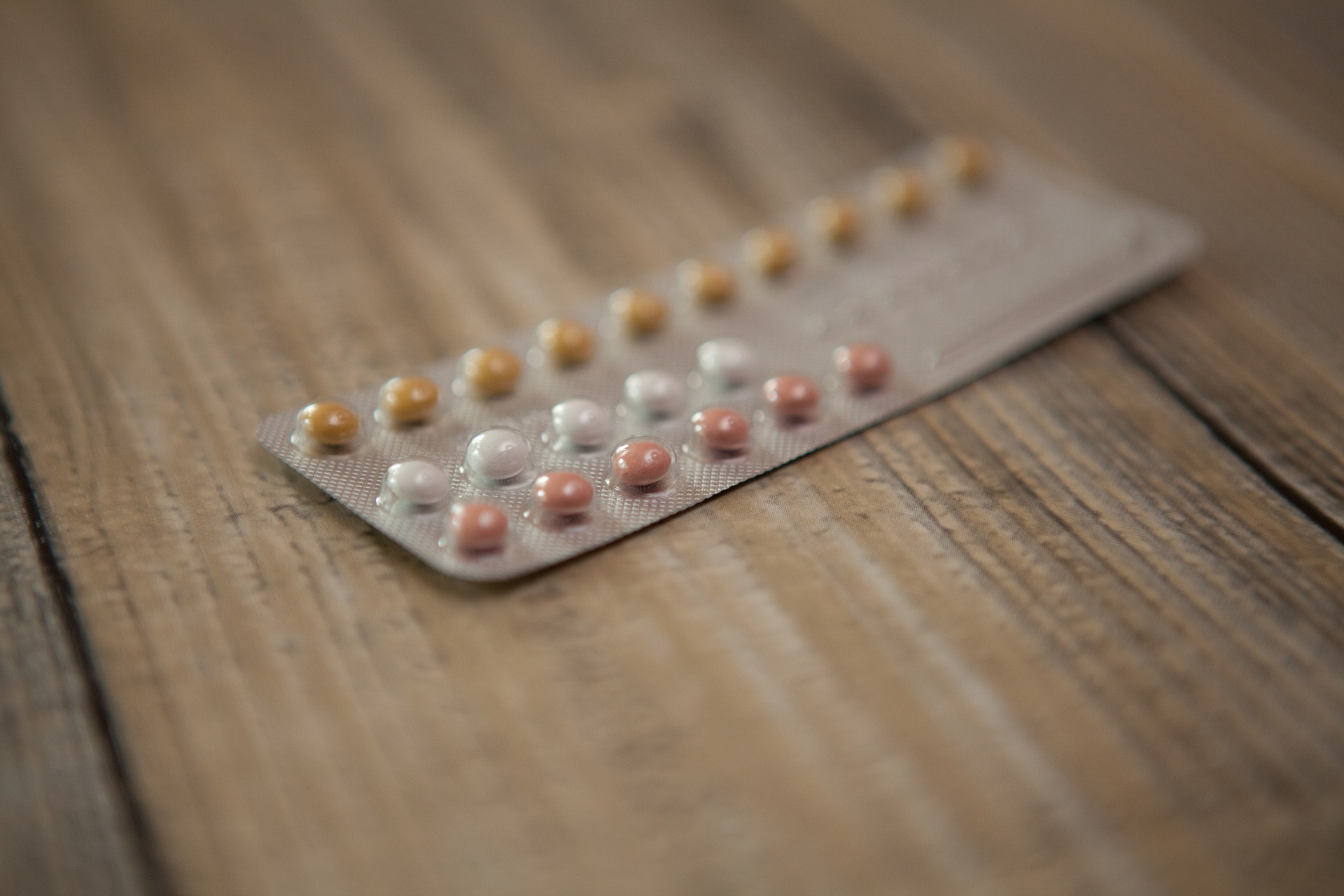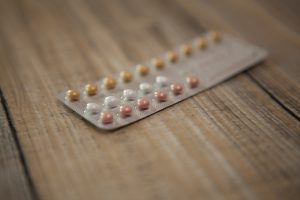




Children need to run and so do teens.
Kids need to be active, but so do teens and young women. When a young girl goes through puberty, a high level of activity doesn’t need to stop. In fact, staying active is just as important at this age. Girls from the ages of 12 until the reproductive years are still building bone mass and lean body mass. That means staying active is important. The progesterone and estrogen levels are fluctuating and periods are somewhat regular. Staying active is important, but overexercising can cause amenorrhea—lack of menstrual bleeding—and even affect bone density if weight bearing exercises aren’t part of the regimen.
After the teen years and before menopause, approximately from 18-40—has special needs.
Female hormones have often regulated at this age, but there are many opportunities for that cycle to be disrupted with the most important one pregnancy. The body also goes through a monthly cycle where hormone levels ebb and rise. The first day of your period, hormone levels are very low and stay that way until mid-cycle. Both estrogen and progesterone levels increase after that first half of the cycle and continue to rise until the next period occurs. When hormones are low, do intense workouts like HIIT or heavy weightlifting, when they’re high in the second half of your cycle, during ovulation, lighter activities like yoga or bike rides are in order.
Perimenopause and menopause require other considerations.
Bone density starts to diminish during perimenopause and continues through menopause, as does lean muscle mass. The less lean muscle mass you have and the more fat, the bigger the potential for weight gain. Hormonal imbalances are common, so are hot flashes, insomnia, depression and night sweats. Weight bearing exercises like resistance training and impact exercises, such as walking, help slow the decline of both bone density and muscle mass. At this age especially, not only is strength training important, so are flexibility and endurance training, so cardio and flexibility training should be included in all programs.
- No matter what the hormone levels, some form of cardio, balance, strength and flexibility training should be included. Exercise can also help regulate hormone levels to make each phase better.
- During pregnancy, hormone levels increase and the body undergoes dramatic changes. Exercise is important, but it should be moderate, such as walks, mild strength training or yoga. If you’ve exercised previously, in most cases, continuing that exercise can be done in the early months.
- After childbirth, a rush of changes to the body are made, including hormone levels. The pelvic floor and some joints may be weaker. Pelvic floor exercises and mild strength training, cardio and flexibility training can help regulate hormones.
- No matter what your age, pregnant or not, always check with your health care professional first before beginning any type of exercise program. In most cases, your doctor will be pleased.
For more information, contact us today at Travel Trim
